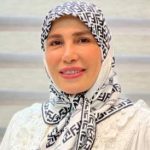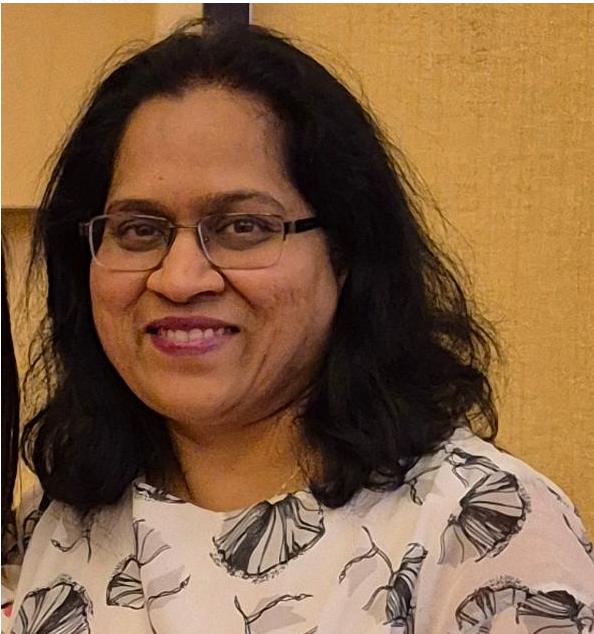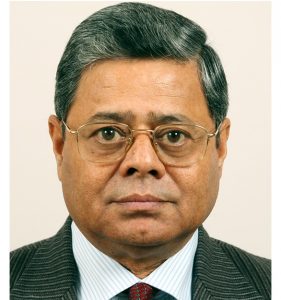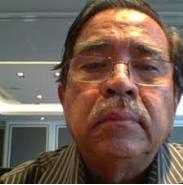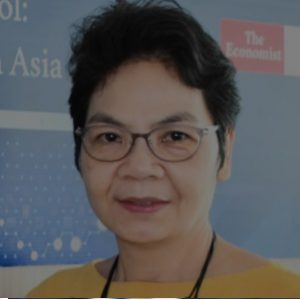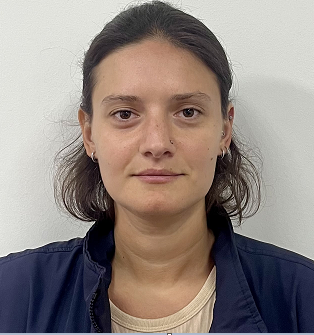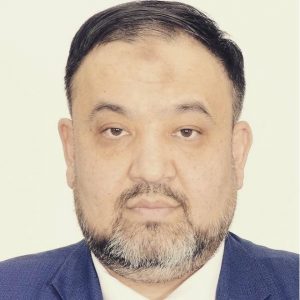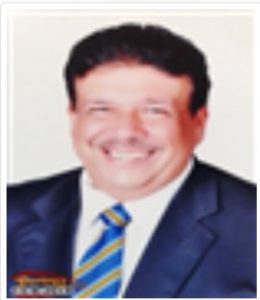HPV Vaccination in the Asian and Pacific Region; Achievements and Barriers
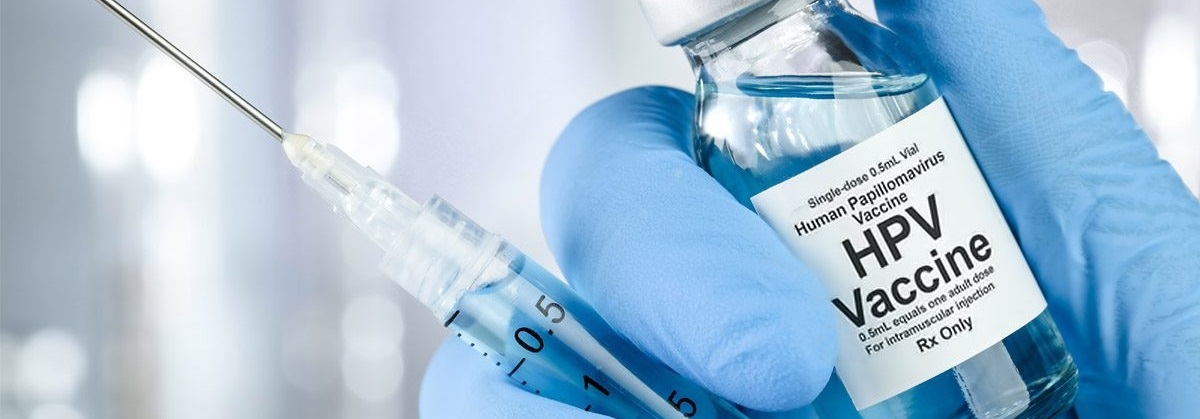
Oct. 3rd, 2025, Kokshetau, Kazakhstan.
Rationales and Objectives
The increasing prevalence of human papillomavirus (HPV)-related cancers, particularly cervical cancer, remains a pressing public health issue across Asia and the Pacific. According to the World Health Organization (WHO), cervical cancer is the fourth most common cancer in women globally, with a disproportionate burden in low- and middle-income countries (LMICs), many of which are located in the Asia-Pacific region. Despite the availability of safe and effective vaccines, uptake remains uneven due to systemic, cultural, logistical, and political barriers.
In this context, the Asian Pacific Journal of Cancer Prevention (APJCP) and the Asian Pacific Organization for Cancer Prevention (APOCP) have jointly taken the initiative to host a hybrid symposium titled “HPV Vaccination in the Asian and Pacific Region: Achievements and Barriers” on Oct. 2-3, 2025, in Kokshetau, Kazakhstan. This event aims to serve as a strategic meeting point for researchers, public health practitioners, policymakers, and advocates dedicated to the prevention and control of HPV-related cancers.
Why This Symposium Now?
Several pivotal reasons drive the urgency of this event:
1. Unequal Access to HPV Vaccination
2. Global Health Goals and WHO Elimination Strategy
3. APJCP’s Contribution to HPV Research
4. Collaborative Policy Making and Best Practices
Symposium Objectives
– Highlight Regional Achievements
– Identify and Discuss Barriers
– Strengthen Collaboration and Knowledge Exchange
– Produce a Knowledge-Based Output
The Scientific Committee
Young Investigator Awards
In order to encourage young investigators to present their research, there will be two awards of 300 US dollars to be given to two young scientists with the best presentation. A panel of experts who constitute the prize committee will decide on selecting the candidate for the prize. The candidate will be selected from those who present their research live at the meeting. The decision about the candidate will be announced at the closing ceremony on the last day of the event.
The Young Investigator Awards are supported by the APOCP’s West Asia Chapter.
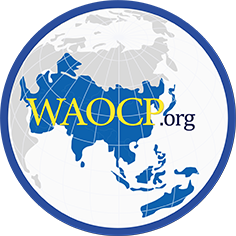 |
West Asia Organization for Cancer Prevention (WAOCP), APOCP’s West Asia Chapter |
Participation in the Meeting
There will be two categories of scientists who want to participate:
Participants who want to have a live presentation at the symposium. These participants need to send an abstract for the meeting. The abstract will be evaluated and decided on. Abstracts accepted for oral presentation will have the chance to present live online in one of the sessions. Accepted abstracts must be presented during the session and already have their slides prepared and sent to the organizing committee for preparation. The details on how to prepare the presentation will be sent to the applicant later. To send an abstract, please click on this link, register, and then you will be prompted for abstract submission.
All the accepted abstracts will be published and received DOI as the symposium abstract book. |
Participants who just want to participate but have no presentation. This category of participant must register for the meeting to participate. There is no registration fee for participation. Each session is limited to 100 participants. Due to technical limitations, the first-come, first-served strategy will be applied. The first comers are those who register for the meeting earlier.
Registration is closed now.
HPV Vaccination in the Asian and Pacific Region: Achievements and Barriers
APJCP’s Authors Symposium
The Link to participate: The link will be available soon.
Date: Oct. 3rd, 2025. Time: 10:00 – 12:30 Astana Time (UTC+8). Format: Hybrid
Time | Speaker | Affiliation / Country | Title | Presentation |
10:00-10:105 | Dr. Nariman Yermek | Welcome and Opening remark |
| |
10:00 – 10:10 | Dr. Alireza Mosavi Jarrahi | Editor in Chief, Asian Pacific Journal of Cancer Prevention,
| APJCP (a hub of info. in HPV vaccination in Asia) | Onsite |
10:10 – 10:25 | Prof. You Lin Qiao | Chinese Academy of Medical Sciences, APOCP Executive Committee Member, China | HPV Vaccination in China | Onsite |
10:25 – 10:40 | Dr. Alfiya Shamsutdinova | Kazakh National Medical University, Kazakhstan | Implementing HPV Vaccination Programs for Adolescent Girls in Kazakhstan: Challenges and Opportunities | Onsite |
10:40 – 10:55 | Dr. Soewarta Kosen | Health Systems Specialist, Indonesia | HPV Vaccination Achievement and Challenges: Experience of Indonesia | Online |
10:55 – 11:10 | Dr. Gambhir Shrestha | Institute of Medicine, Nepal | Implementation of HPV Vaccination in Nepal: A Milestone in Cervical Cancer Prevention | Online |
11:10 – 11:25 | Dr. Dipanwita Banerjee | Chittaranjan National Cancer Institute, India | National and International HPV Vaccination Programs with Special Reference to LMICs | Online |
11:25 – 11:40 | Dr. Shavkat Abdusattorov | Tashkent Pediatric Medical Institute, Uzbekistan | HPV Vaccination in Uzbekistan | Online |
11:40- 11:50 | Dr. Lakshmi Nair | Department of Women Wellness, Karkinos Healthcare, Mumbai – 400021, India
| Scaling Up HPV Vaccination Coverage in India: Karkinos’s Multi-Model Approach to Equity and Access | online |
11:50- 12:05 | Dr. Modgan Karimi
| Department of Epidemiology, Pasteur Institute of Iran | HPV Vaccination in Iran | online |
12:05- 12:15 |
Dr. Mayank Chhabraa
| Department of Women Wellness, Karkinos Healthcare, Mumbai – 400021, India | HPV Vaccination Coverage and Disparities among Women Living with HIV and High-Risk Populations in India: Early Findings from a Multi-Site Pilot Programme | online |
12:15-12:25 | Dr. Maria Pramila, DCOSTA | Oman College of Health Sciences, OMAN | HPV Vaccination in Gulf Cooperation Council Countries | Onsite |
12:25-1235 | Puravi Dubey
| School of Public Health, KIIT Deemed to be University, Bhubaneswar, India | Mapping the Scholarly Landscape of HPV Research in APJCP: A Bibliometric Analysis (2000 – 2025) | online |
12:35-12:45 | Diksha Mehta | Rajiv Gandhi Cancer Institute and Research Centre, Dehli, India | Knowledge, Attitude, and Practice on Human Papillomavirus Vaccination among Healthcare Providers in North Delhi: Barriers and Strategies | online |
12:45-13: open | Questions and discussion | |||





